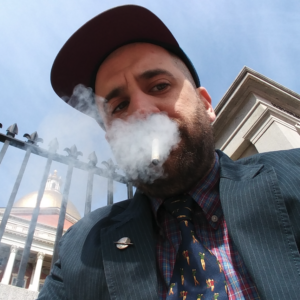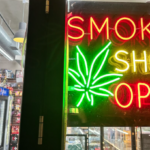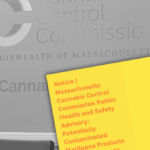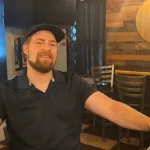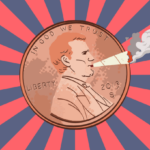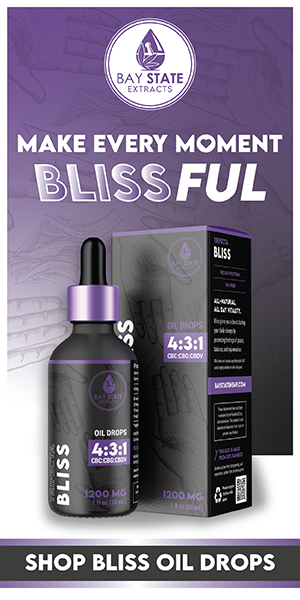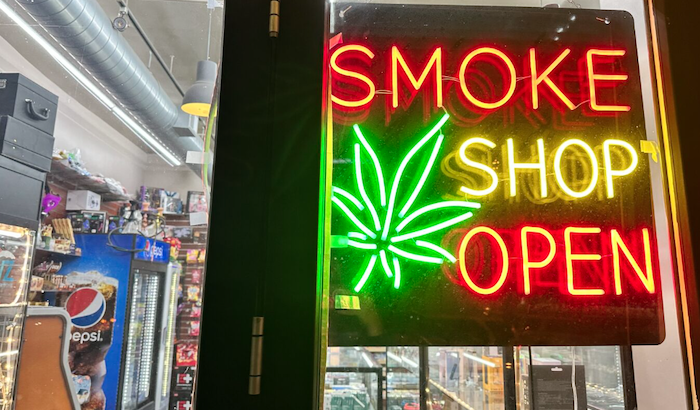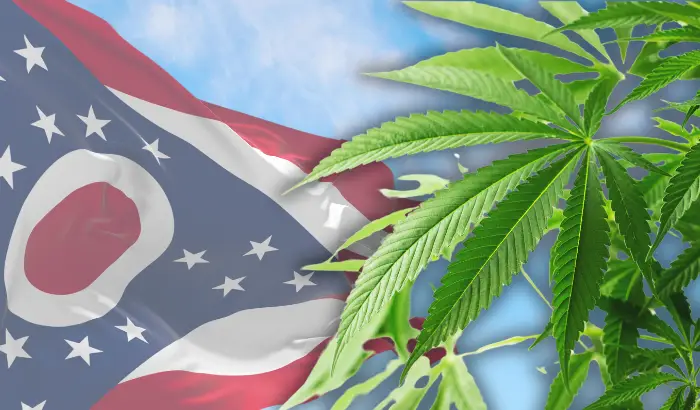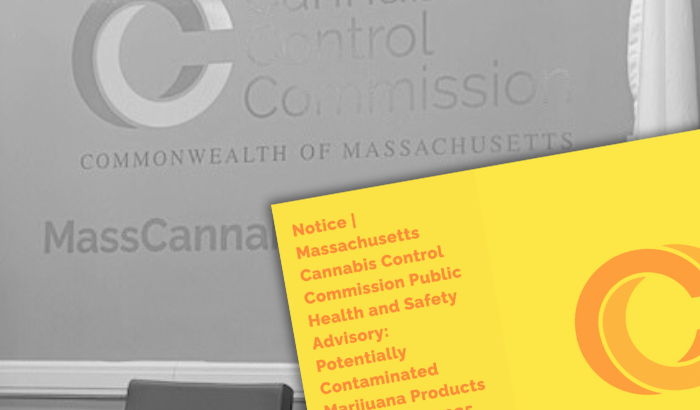
“There’s a misconception right now that social consumption only means a bar or a lounge.”
The agenda for today’s Massachusetts Cannabis Control Commission meeting was fairly standard, with most of the items dedicated to the routine approval and renewal of licenses. Members opened a discussion about possible adjustments to regulations governing delivery operations and handled some minor items, but the body’s next major anticipated task—to write rules for licensing establishments where people can get stoned—will be front and center next week. This morning, the CCC added a meeting to its calendar for next Monday, Oct. 12, to specifically address delivery and social consumption.
Ahead of those discussions, Commissioner Nurys Camargo previewed how proceedings might look. For the past several months, she and Commissioner Bruce Stebbins led a working group and fact-finding mission that included Camargo and three CCC staff members spending “three packed days in Oakland and San Francisco to better understand what social consumption looks like.” “Over that time,” Camargo said, “we met with state and local officials and California’s Department of Cannabis Control, we met with the San Francisco Department of Public Health, and the chair who oversees San Francisco. We met with the Oakland regulatory commission, as well as licensees, legacy operators, equity applicants, advocates, patients, and other stakeholders.”
“Each department will be significantly impacted by the rollout of social consumption,” Camargo said. The commissioner added that she and Stebbins also engaged Colorado in a series of “virtual meetings and exchanges.” Below, we transcribed and parsed Camargo’s comments on the topic.
On their fact-finding mission …
In California, we were able to see firsthand the many different ways that social consumption takes place—from future karaoke bars, to event spaces, to other folks who are going to offer entertainment, comedy shows, and outdoor lounges—as well as indoor lounges.
One of the things I want to do throughout this process is really educate consumers, canna curious folks, the public, anyone who’s interested in this topic because there’s a misconception right now that social consumption only means a bar or a lounge. However, visiting so many business types in California helps our group to better understand the possibilities and to really imagine the full potential of this license type in Massachusetts.
What they learned …
Sitting down with business owners and leaders to discuss the success and the struggles of social consumption has been invaluable for us to hear in order to eventually roll out what social consumption will look like in Massachusetts. We need to make sure that we are welcoming establishments that are safe for consumers and for the community and are really worth the investment for potential owners and investors. … Social Equity, Economic Empowerment, Microbusinesses, and [Craft Marijuana Cooperatives] are part of that universe.
Our time spent in California with social consumption allowed us to understand what businesses can achieve and what hurdles we have to overcome. We learned a lot, we’ve met a lot of folks—we met with business owners who shared with us that they needed to make $5 million a year in order to break even. That’s a big burden. We want to make sure that the cost doesn’t overweigh the benefits.
Ideas to consider …
Other [businesses] told us about having ride-sharing partnerships, and having cooldown spaces, having food available, having CBD products available. We also heard about infused foods, and I think that one of the things we’re [looking at] throughout the country is, who is doing infused foods the right way? Legally and in a way that can be complied with? We are looking to gather more research and information on that topic, and throughout the next few months you’ll hear more around that.
What’s next …
Seeing the host of options offered by these businesses and the difficulty some of them still face on a daily basis goes a long way towards creating this license type and figuring out the best way forward for Massachusetts. We look forward to sharing more about the findings of our working groups at our next meeting on Monday and we continue to ask the public to help us stay engaged.



